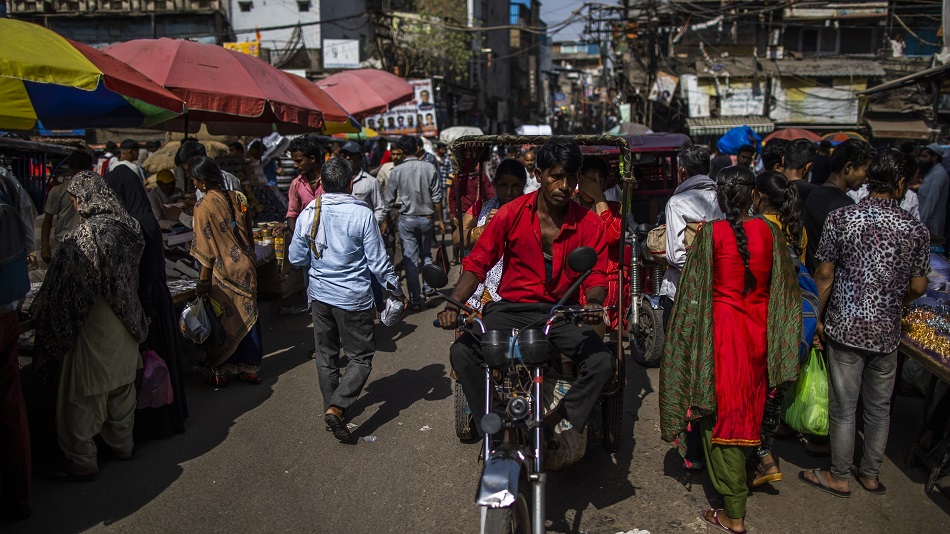India’s pursuit of catching up with China’s economy is a complex endeavor with several factors influencing its progress. One significant constraint is the country’s bureaucratic red tape and regulatory hurdles, which often impede the ease of doing business. Streamlining these processes could unlock immense potential for economic growth.
Another obstacle is the extensive informal economy in India. A substantial portion of economic activities occurs outside formal channels, limiting the government’s ability to regulate and collect taxes effectively. Addressing this issue would not only boost government revenue but also provide a more accurate reflection of the country’s economic health.

Source:- ndtv
Infrastructure deficiencies pose a major challenge. While India has made strides in improving infrastructure, there’s a need for more extensive investments in transportation, energy, and digital connectivity. Upgrading these systems would enhance productivity, attract foreign investment, and facilitate smoother business operations
Source:- India today
The education system also plays a crucial role. Fostering a skilled workforce is essential for economic growth, and India needs to focus on improving the quality of education, particularly in science, technology, engineering, and mathematics (STEM) fields. A highly skilled workforce can drive innovation and technological advancement, propelling economic development.
Inequality is a persistent issue in India, both in terms of income and regional disparities. Addressing these disparities through targeted policies can contribute to more inclusive growth. Additionally, social factors such as gender inequality and caste-based discrimination can hinder the full utilization of the population’s potential.
Geopolitical tensions and global economic uncertainties can impact India’s economic trajectory. Strengthening diplomatic ties, fostering international collaborations, and adapting to global market dynamics are crucial for navigating these challenges.
Environmental sustainability is increasingly becoming a global concern. India’s economic growth must be balanced with sustainable practices to mitigate environmental degradation. Embracing clean energy initiatives and adopting eco-friendly policies can position India as a responsible global player.
Finally, political stability and effective governance are essential for economic growth. Consistent policy implementation, anti-corruption measures, and a stable political environment create a conducive atmosphere for economic development.
In conclusion, while India is making strides towards catching up with China’s economy, addressing bureaucratic hurdles, informal economy, infrastructure deficiencies, education quality, inequality, geopolitical challenges, environmental sustainability, and ensuring political stability are crucial for unlocking its full economic potential. Each of these factors requires strategic and concerted efforts to propel India into a more prominent global economic role.
Share your views in the comments

